Physical Address
304 North Cardinal St.
Dorchester Center, MA 02124
Physical Address
304 North Cardinal St.
Dorchester Center, MA 02124

Discover the signs of postpartum depression, understand the difference between baby blues and PPD, and find practical support resources for new mothers in South Africa.

Becoming a mother is profound—but it doesn’t always arrive with unfiltered joy. If you’re a new mom in South Africa feeling persistent sadness, anxiety, or disconnection from your baby, you’re not alone. Postpartum depression (PPD) impacts many mothers and is often underdiagnosed and undertreated. This guide explains the signs, differences from “baby blues,” and where to find support so you can heal and thrive.
These symptoms are common in the first days after birth and usually resolve within two weeks as hormones stabilise.
Emotional: persistent sadness/hopelessness (2+ weeks), severe anxiety/panic, guilt or inadequacy, loss of interest, feeling disconnected from your baby.
Physical: extreme fatigue, appetite changes, sleep disturbances unrelated to baby, unexplained aches/pains.
Behavioural: difficulty bonding, withdrawal, decision-making challenges, or thoughts of self-harm or harming your baby. PPD can occur anytime within the first year and needs professional care.
Cultural expectations to “be strong” can make it hard to ask for help. Extended-family support may be assumed but not always available, and access to mental-health services varies by region. Awareness and services are growing—support is increasingly within reach.
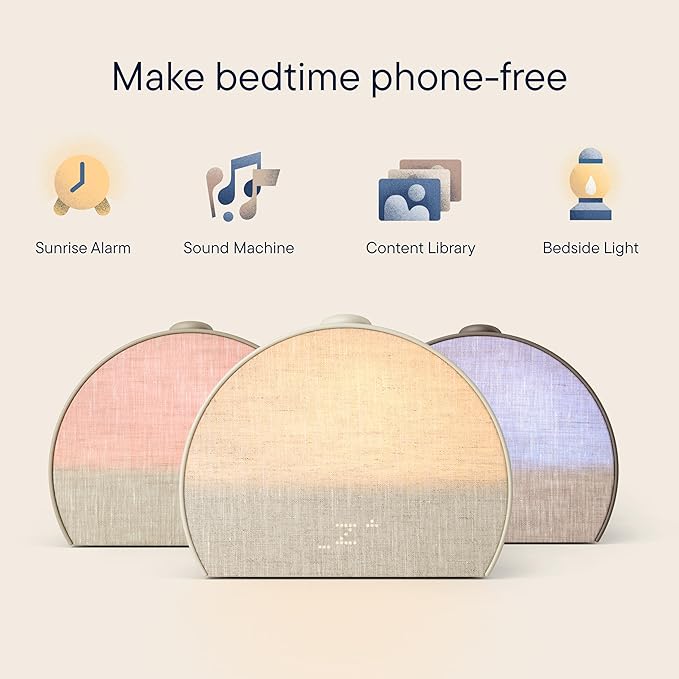
Gentle starts beat jarring alarms. A sunrise light helps reset your body clock and supports deeper rest between feeds.
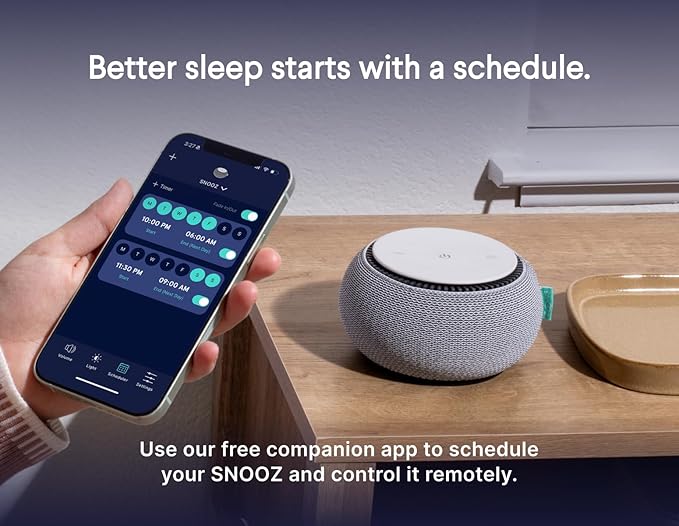
Quiet, consistent sound masks household noise so short naps actually restore you.

Keep a big, easy-sip bottle where you feed—hydration supports energy (and milk supply if breastfeeding).
Professional: speak to your GP/gynaecologist for referrals; seek perinatal-specialist therapists; consider individual therapy and support groups.
Community: local clinics, faith/cultural organisations, online groups for SA moms.
Family & friends: be specific when asking for help (meals, chores, childcare). Accept support—you don’t have to do it all.
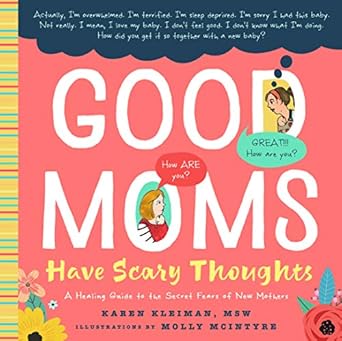
A compassionate, picture-rich guide that normalises intrusive thoughts and shows practical coping steps.
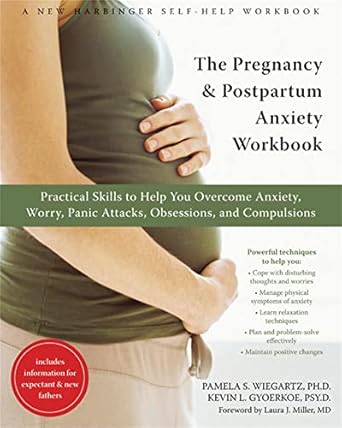
Evidence-based CBT exercises you can pair with therapy—gentle, structured progress.
Contact a healthcare professional now if you experience:
Emergency Resources (South Africa):
SADAG 24/7: 0800 567 567
Suicide Crisis Line: 0800 567 567
Nearest hospital emergency department
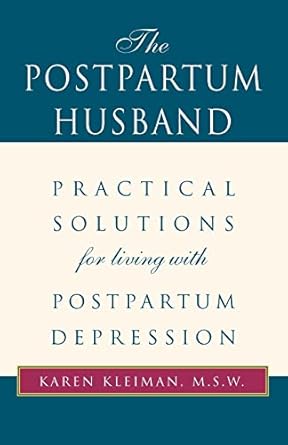
A short, direct guide that shows partners how to help—what to say, dxo, and avoid.
Before baby: discuss mental-health history; identify supporters; line up practical help.
After baby: track mood/symptoms; schedule check-ins with providers; maintain connections; be patient with yourself.
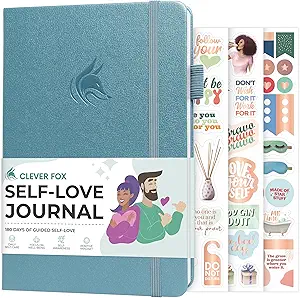
Simple daily prompts to note mood, sleep, meds, and wins—so patterns are easier to spot.
Recovery is likely with the right care. For future pregnancies: intervene early at first signs, continue therapy as needed, maintain support networks, and communicate proactively with providers.

Short, hands-free walks support bonding and mood regulation. Follow safe baby-wearing guidance.
Postpartum depression is serious—and treatable. Seeking help is strength. With professional care, support, and self-compassion, brighter days are ahead for you and your family.
Medical disclaimer: This content is for information only and is not a substitute for personalised medical advice. If you’re in immediate danger, seek emergency care.